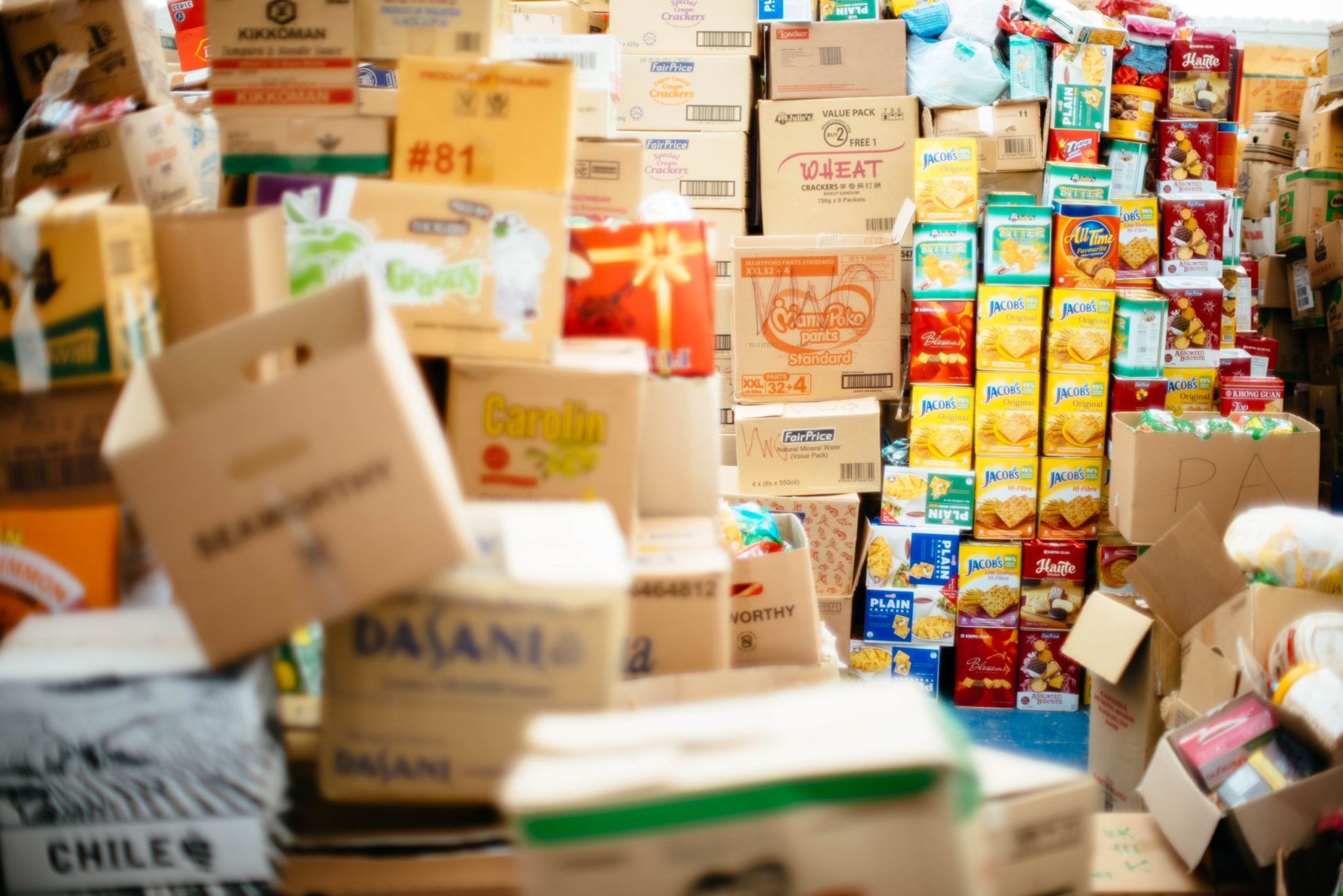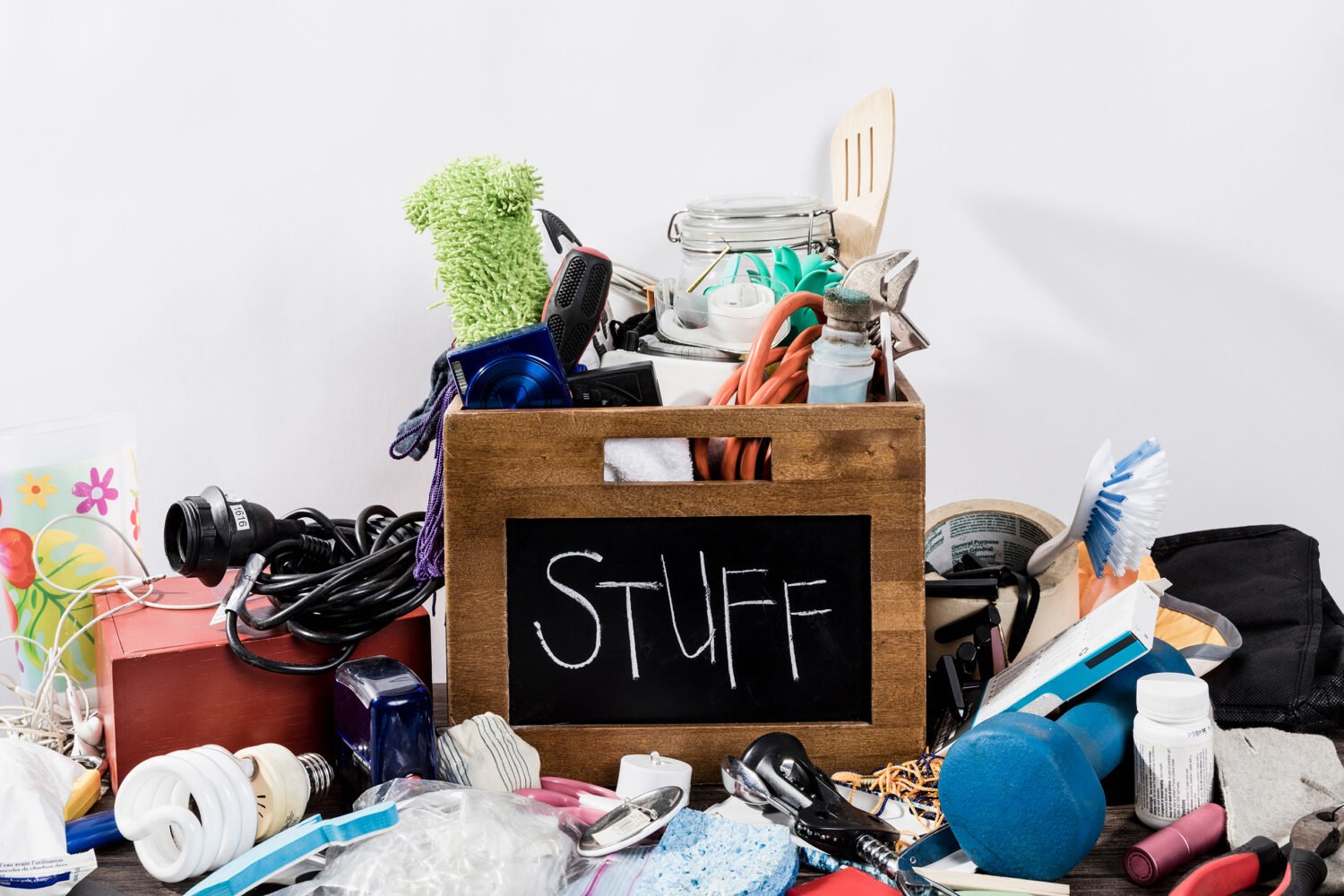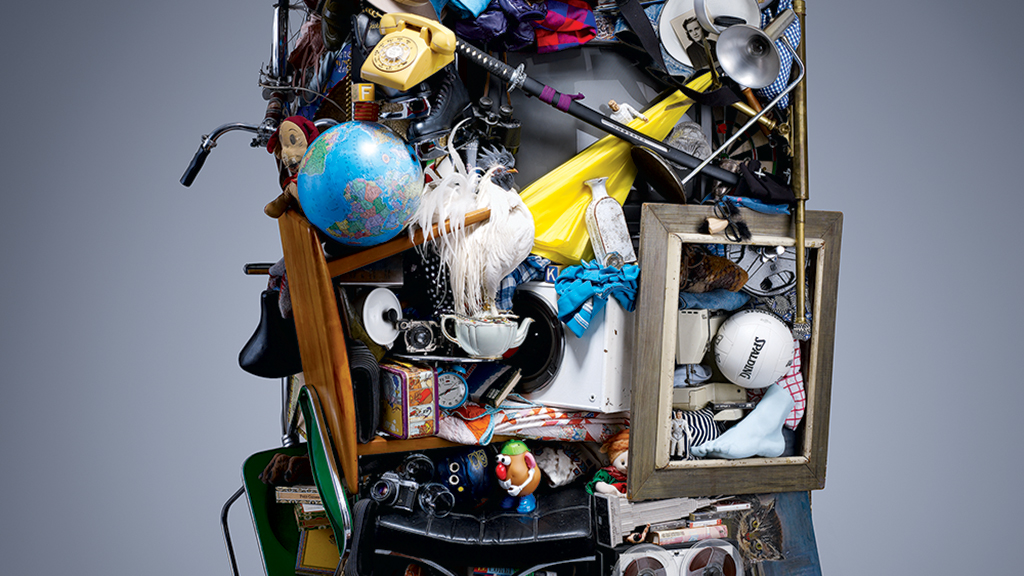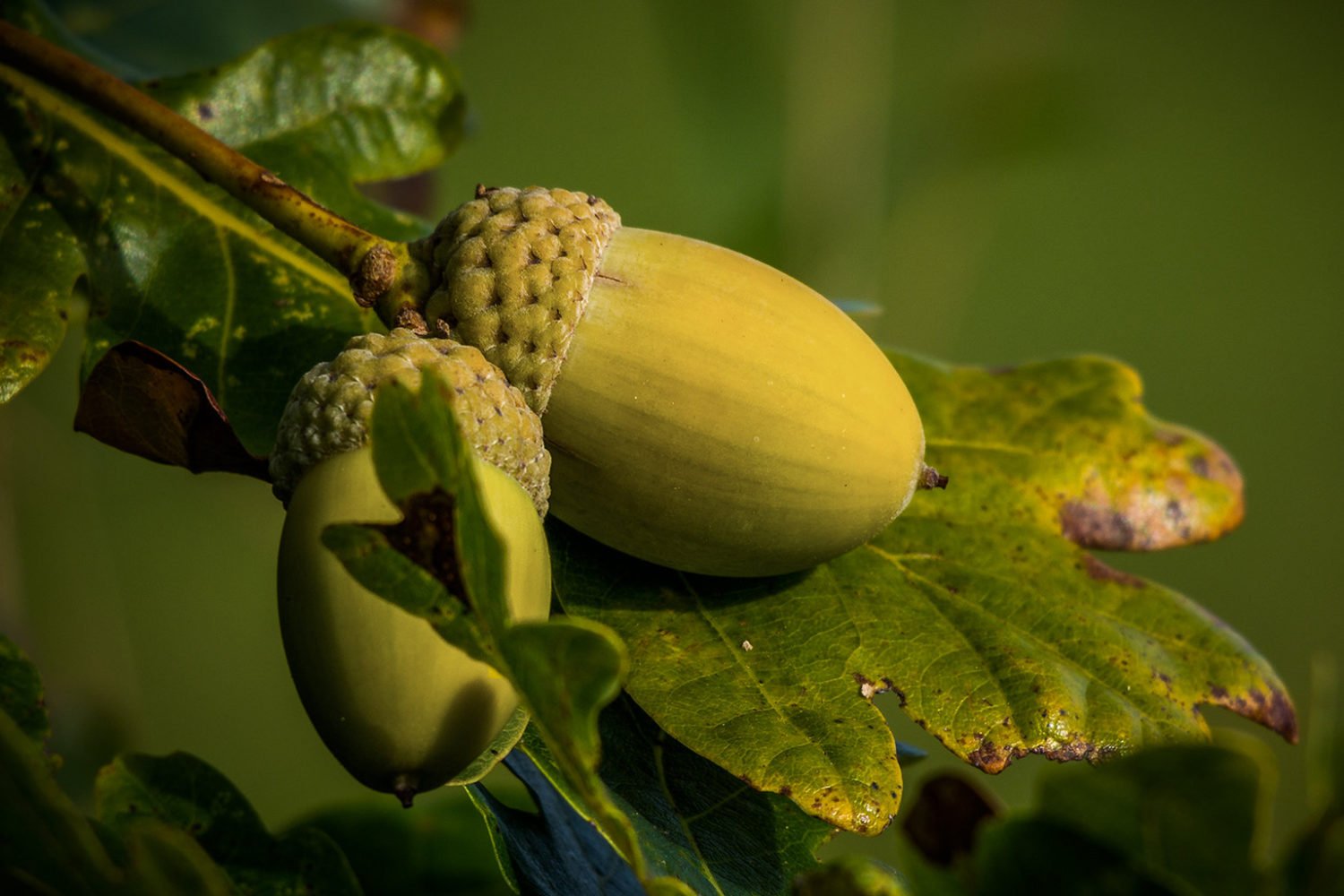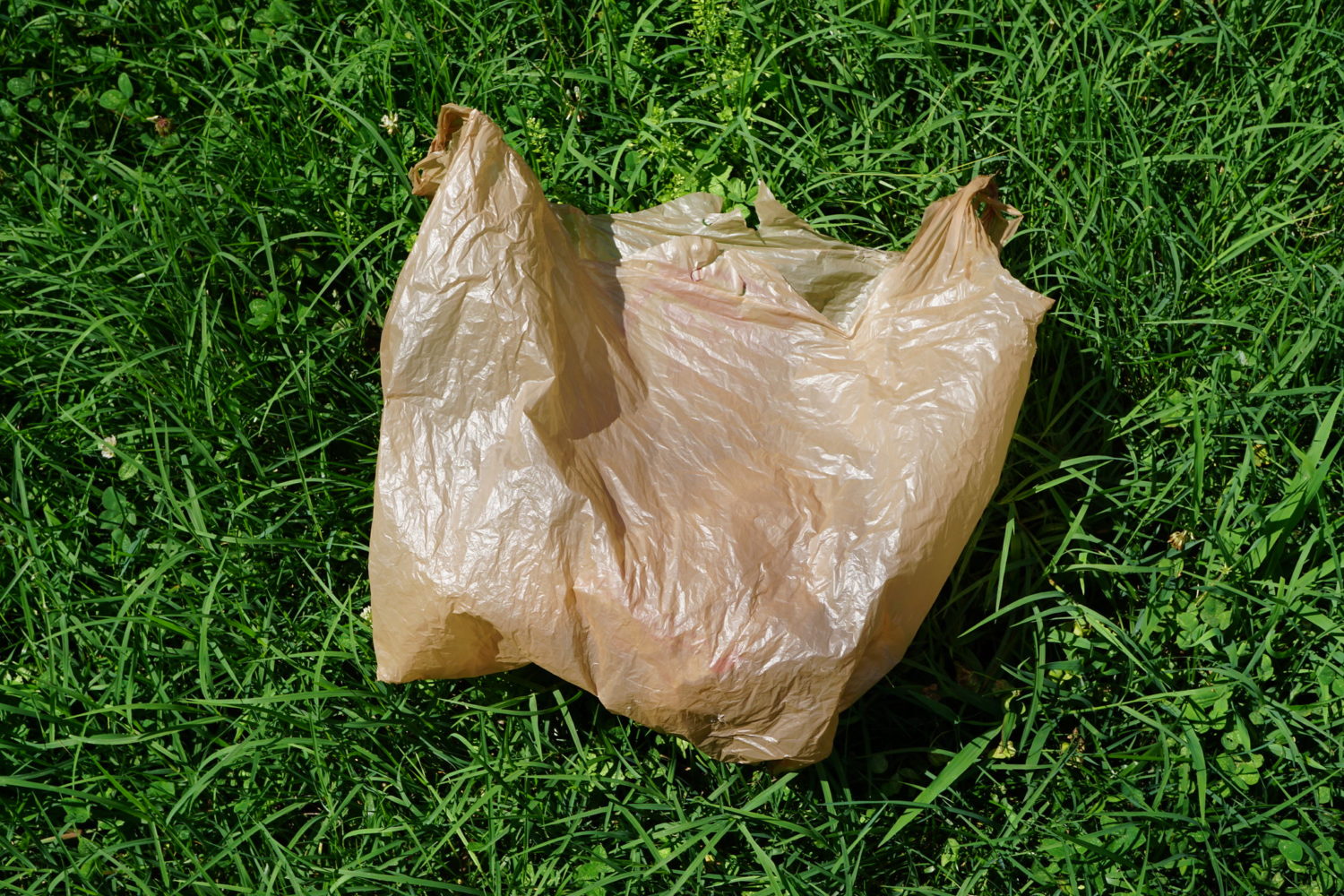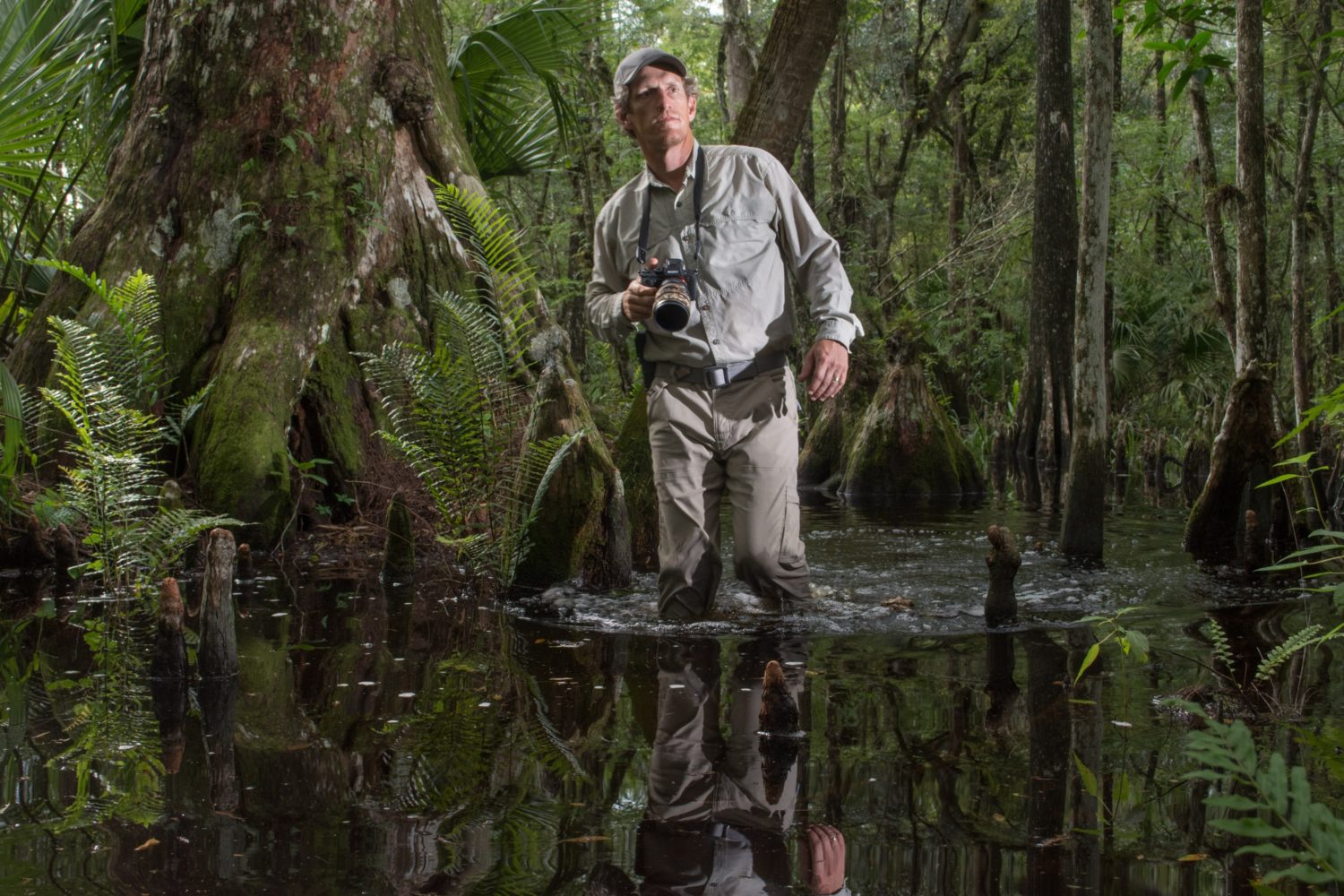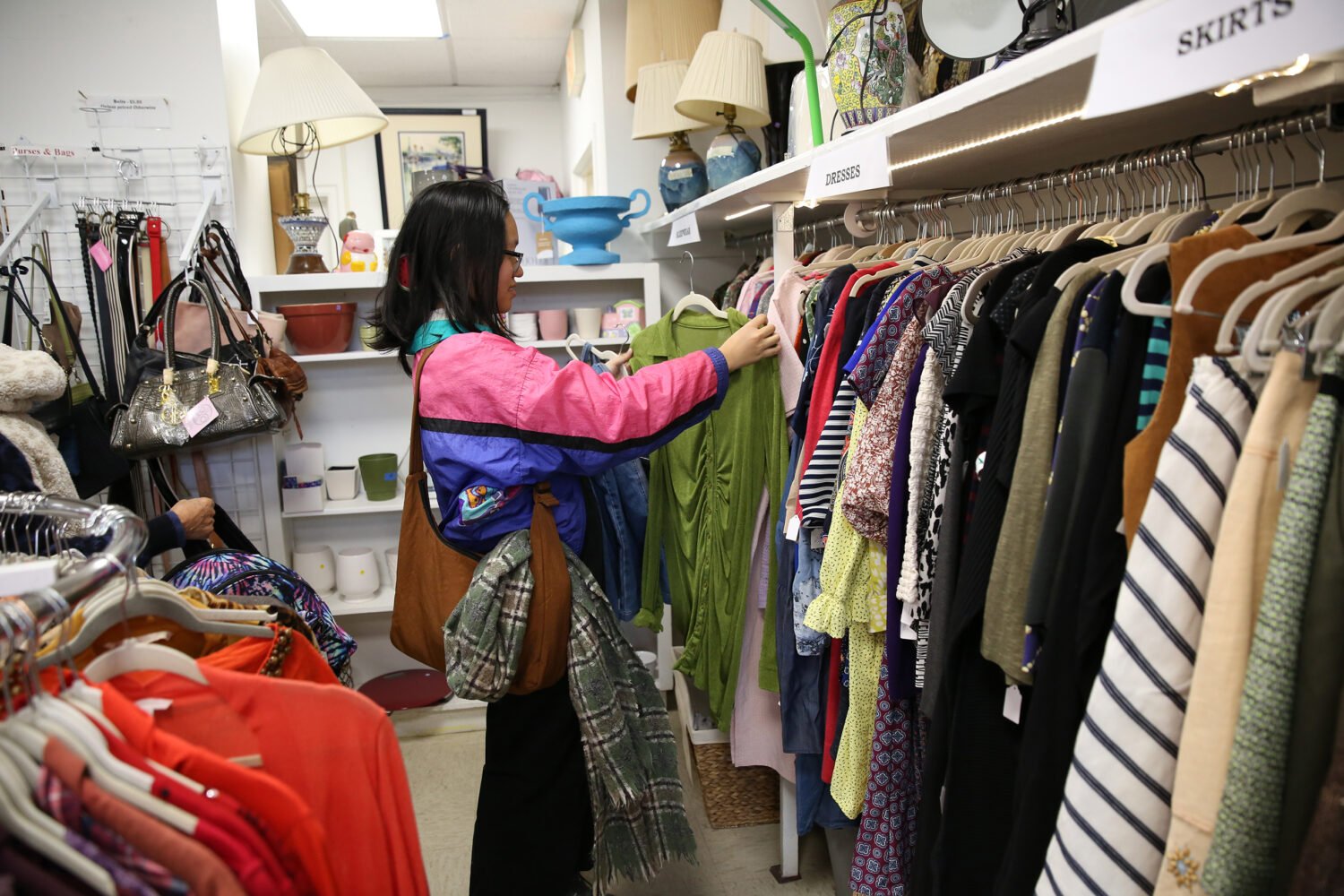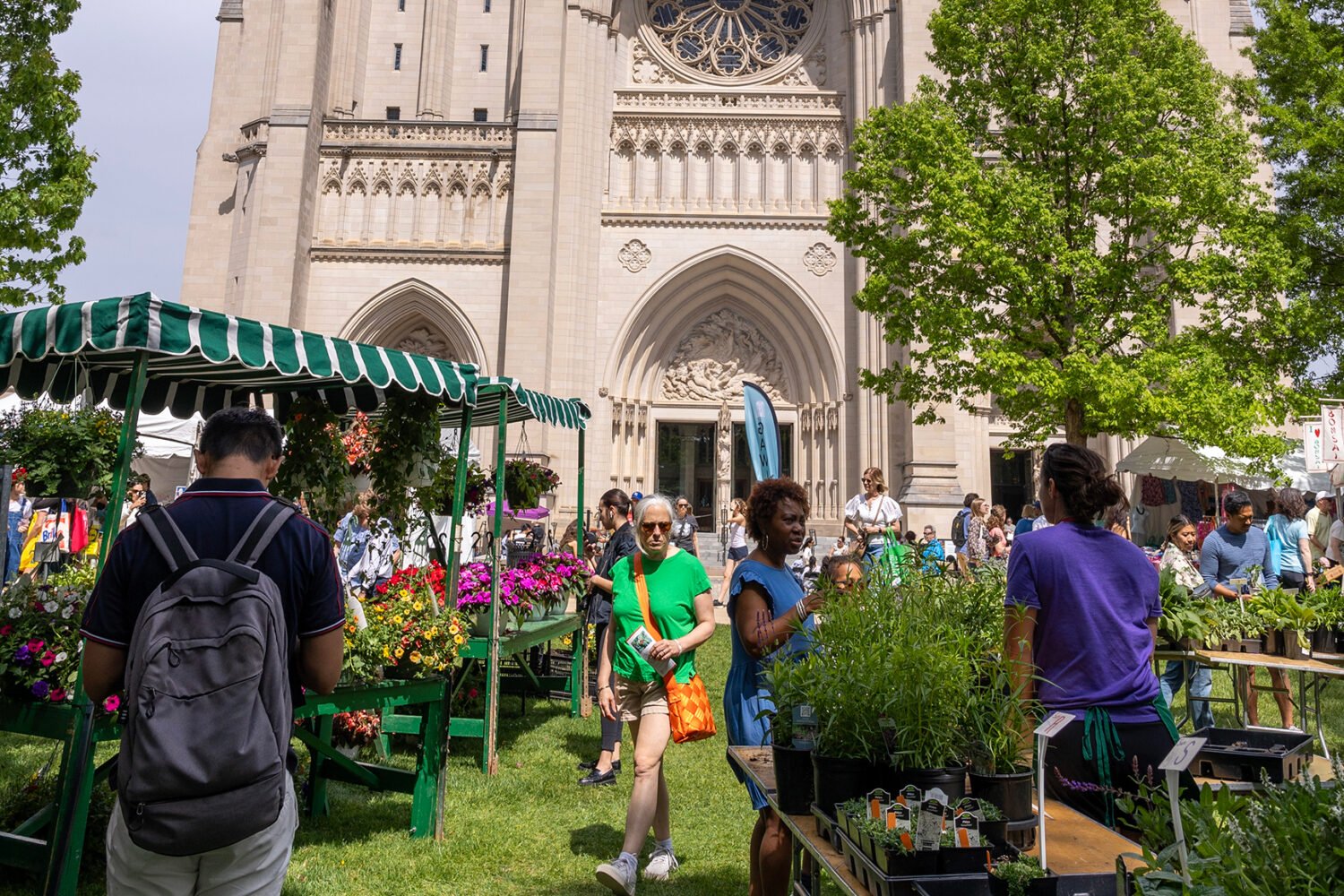Your pile of junk could become a shiny new playground, someone’s ride to work, or the reason your azaleas bloom.
Plastic Bags ➜ Your New Deck
Trex, a company in Winchester, Virginia, takes bags collected at grocery stores and combines them with sawdust to make plastic lumber for decks. An average 500-square-foot deck, according to Trex, uses more than 140,000 plastic bags.
Old Bike ➜ Someone’s New Wheels
Drop off your old bicycle at the Fairfax transfer station, and the Rockville nonprofit Bikes for the World will ship it to a developing country where it can become affordable transportation for a health-care worker, a student, or someone else who needs it.
Yard Waste ➜ A Healthier Garden
If you live in Montgomery County, don’t toss out yard trimmings. The county collects grass, leaves, and other debris, then composts them into a popular soil conditioner called Leafgro, sold at home-improvement stores.
Old Soda Cans ➜ New Soda Cans
Aluminum cans are among the fastest items to get recycled. In just 60 days, they’re collected, melted, and back in your fridge. Recycling one can, compared with mining new metal, saves enough energy to power a TV for three hours.
Milk Jugs ➜ A Better Recess
Many manufacturers of playground equipment use recycled plastic to make slides and other recess favorites. It can take more than 70,000 milk jugs to create a playground structure, according to PlaygroundEquipment.com.
Water Bottles ➜ Workout Gear
In 2017, Adidas released a high-performance shoe that was made from 11 plastic bottles pulled from the ocean. According to Nike, an average pro soccer uniform uses 13 water bottles.
This article appears in the February 2018 issue of Washingtonian.

